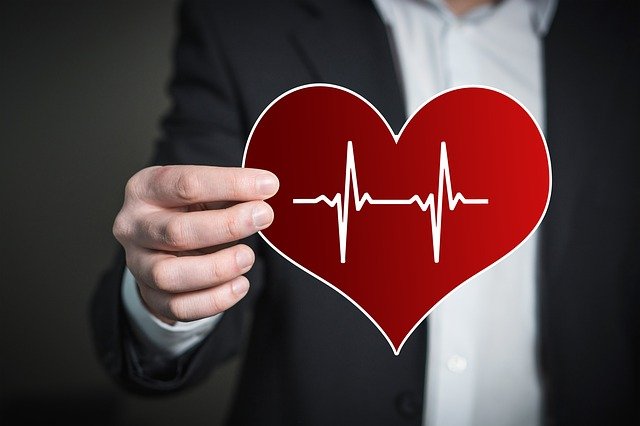
Recently, researchers have found that some cancer treatment could pose dangerous heart disease risks.
According to Salim Hayek, a cardio-oncologist at Michigan Medicine, many cancer patients who undergo chemotherapy experience heart complications due to side effects of the treatment.
They face higher risks of heart attack, stroke or arrhythmia.
The harmful effect is called cardiotoxicity, in which heart damage is caused by chemotherapy and radiation.
It is important for cancer patients to work with their doctors to find the safest treatment and monitor for side effects.
Cardio-oncologists could help giving advice on patients’ risk of heart disease during cancer treatment.
They also monitor and address cardiac complications and recommend preventive measures
The researchers suggest several things cancer patients could do to protect their heart health during treatment.
First, changing lifestyle habits and reducing risk factors.
This includes controlling high blood pressure and high blood cholesterols in the body.
It is important because some cancer drugs could worsen pre-existing heart conditions.
People with diabetes also need to control their blood sugar levels before cancer treatment.
Some helpful ways to prevent these is having healthy lifestyles, including a healthy diet, regular physical activity, no smoking, and good nights’ sleep.
Second, working with your cardio-oncologist to monitor your heart health.
A cardio-oncologist may examine your heart condition when you use certain cancer treatments.
For example, anthracyclines, a type of drug for treating breast, ovarian, lung and leukemias, is linked to higher risks of the weakened heart muscle, heart valve problems, and arrhythmia.
Herceptin (trastuzumab), another chemotherapy, may increase cardiac impairment risk by 2%-10%.
Therefore, it is important to weigh the risks and benefits of each cancer treatment before making the decision.
Once the treatment starts, your cardio-oncologist will monitor your heart health and address any heart health issues.
Third, making plans for the future.
Some heart damage from cancer treatment may not surface for years, so it is important to find the safest course of treatment and appropriate drug dosage.
In addition, some heart conditions may only occur years after the treatment, and patients should visit a cardio-oncologist on a regular basis to monitor any changes in their health.
Copyright © 2019 Knowridge Science Report. All rights reserved.



